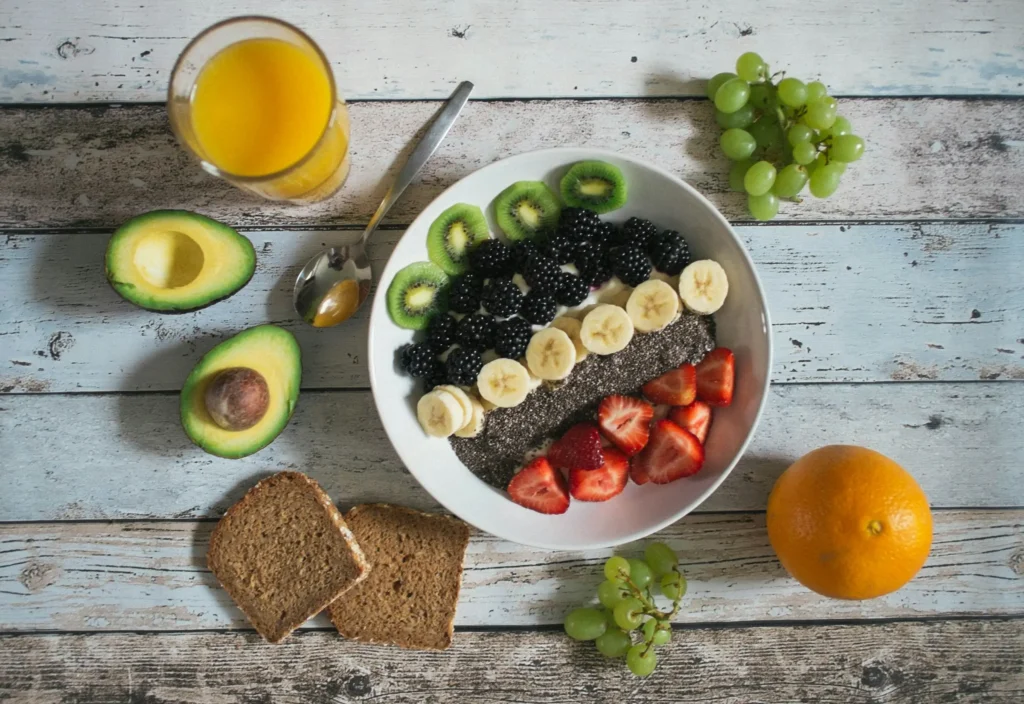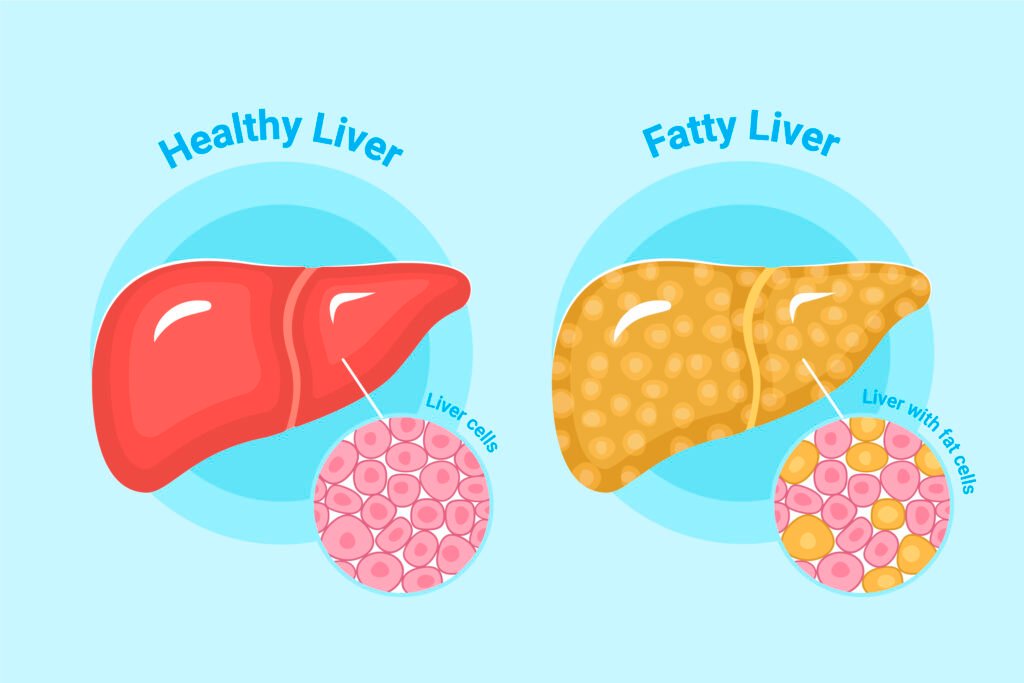
When discussing the healthiest foods, it’s important to first understand what food really means. Food is something that sustains life, provides energy, and promotes the growth and repair of tissues. Anything that doesn’t fulfill those functions isn’t truly food.
Understanding What Makes Food Healthy
Ultra-processed foods have taken over modern diets. The word “ultra” means extreme, and “processed” means chemically or mechanically altered. These foods often start with something natural like corn and end up as a completely different product. They no longer contain the nutrients that support life or energy — instead, they create fatigue and inflammation.
Healthy food, on the other hand, must contain vitamins, minerals, amino acids, fatty acids, and even natural fiber that supports gut microbes. Ultra-processed snacks filled with synthetic sugars, starches, and oils damage the body, especially the highly inflammatory seed oils found in most junk food.
The Healthiest Foods That Should Be in Your Diet
On one end of the nutrition spectrum, there are non-foods — ultra-processed, chemical-heavy products. On the other, we find whole, nutrient-rich foods that support every system in the body. Below is a list of the healthiest foods you can include in your daily routine.
Grass-Fed Beef
Beef, especially grass-fed and grass-finished, is one of the most nutrient-dense foods available. It’s high in glutamine, which supports gut healing, and rich in bioavailable amino acids that promote tissue repair. Beef also contains natural phytonutrients when sourced from grass-fed cattle.
Wild-Caught Fatty Fish
Wild-caught salmon and similar fish are rich in omega-3 fatty acids that lower inflammation and improve brain function. In a nutritious diet, these healthy fats balance out the excess omega-6 fatty acids found in processed foods.
Shellfish
Clams, oysters, shrimp, and crab are full of trace minerals and high-quality protein. Oysters are especially rich in zinc, a mineral crucial for immune health and hormone balance.
Eggs
Eggs are a perfect food, packed with vitamins, minerals, and choline — which supports liver function. Always choose organic, pasture-raised eggs for maximum nutrition. The yolk contains most of the nutrients, including healthy fats and antioxidants.
Fermented Vegetables
Sauerkraut and kimchi are excellent probiotic foods that help gut health. They contain vitamin C, fiber, and beneficial bacteria that improve digestion and immunity. These fermented options are essential additions to any nutritious diet.
Leafy Greens
Spinach, arugula, and other leafy greens are loaded with folate, magnesium, and potassium. They contain powerful phytonutrients that act as antioxidants and anti-inflammatories. Cooking or combining spinach with cheese can reduce oxalates for easier digestion.
Organ Meats
Liver, kidney, and heart are among the healthiest foods you can eat. They are nutrient powerhouses filled with vitamin A, iron, and B12. If you dislike the taste of liver, cod liver oil in a can provides similar benefits with omega-3 fatty acids.
Herbal Spices
Garlic, onion, sage, thyme, basil, cinnamon, and sea salt all play vital roles in supporting health. Garlic and onions contain compounds that fight inflammation, while herbs like basil and thyme add antioxidants that protect cells.
Why Ultra-Processed Foods Are Dangerous
Most processed snacks contain corn derivatives, synthetic starches, and seed oils like canola or sunflower oil. These oils are highly inflammatory and cause long-term damage to the body. Marketing phrases like “no saturated fat” or “guaranteed fresh” create a false sense of health, while the real issue lies in synthetic ingredients that extend shelf life but kill nutritional value.
Building a Truly Nutritious Diet
Real health comes from eating foods that are alive — rich in nutrients and free from industrial processing. The healthiest foods are those that give life, energy, and healing potential to the body. A diet centered on grass-fed meats, wild fish, fresh vegetables, and fermented foods restores vitality and supports long-term wellness.
For verified nutrition research and guides, visit Harvard School of Public Health’s Nutrition Source.
Pravin is a tech enthusiast and Salesforce developer with deep expertise in AI, mobile gadgets, coding, and automotive technology. At Thoughtsverser, he shares practical insights and research-driven content on the latest tech and innovations shaping our world.
- Pravin Rhttps://thoughtsverse.com/author/pravin321/
- Pravin Rhttps://thoughtsverse.com/author/pravin321/
- Pravin Rhttps://thoughtsverse.com/author/pravin321/
- Pravin Rhttps://thoughtsverse.com/author/pravin321/



